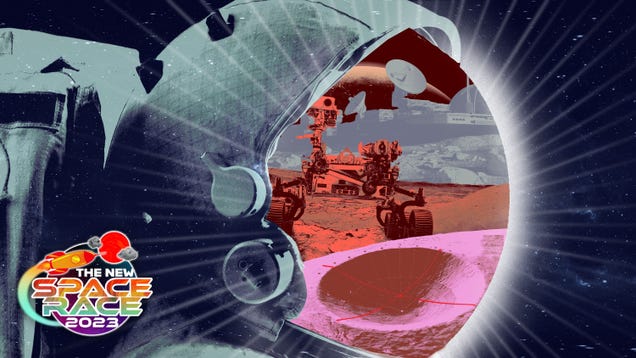
Rocket launches are expensive and laborious, but for decades they’ve been the price of doing business for space agencies hoping to get their latest satellite, telescope, or team of astronauts into the great blue yonder.

Rocket launches are expensive and laborious, but for decades they’ve been the price of doing business for space agencies hoping to get their latest satellite, telescope, or team of astronauts into the great blue yonder.
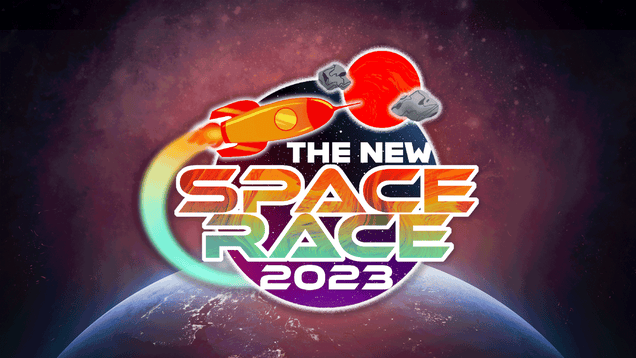
Humans have been exploring space for over six decades, and our ambitions are only increasing over time. In recent years, this drive has been rekindled with fervor, ushering in an era of unprecedented innovation and competition in the realm of space exploration.
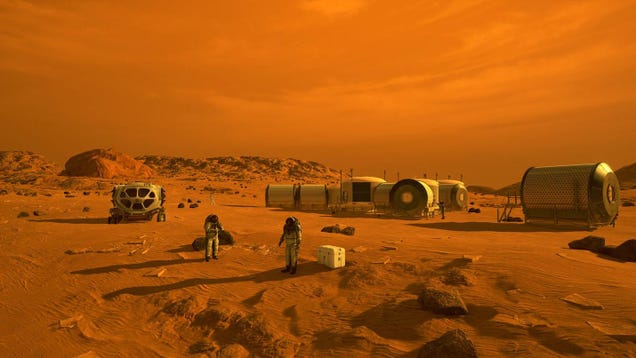
It might only take 22 people to establish a colony on Mars, though that small group of cosmic inhabitants should have agreeable personality types to survive on the Red Planet, according to new research.
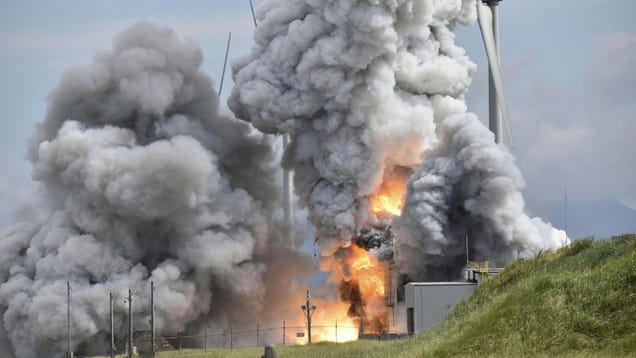
It was another bustling month for spaceflight, the dog days of summer are blazing with the added heat from botched engine tests and a trove of fiery rocket launches. As always, the past month of spaceflight presented a plethora of captivating visuals.
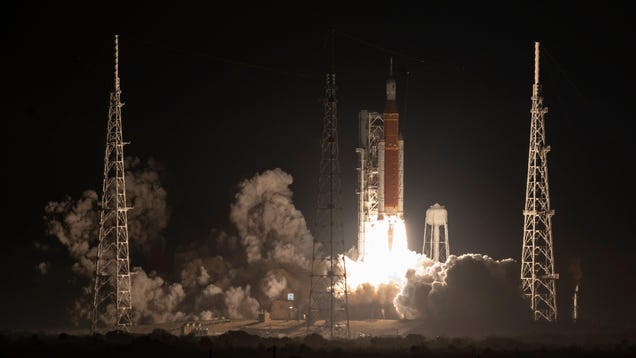
The majority of the American public seems largely concerned with the threat of incoming asteroids, believing that NASA should prioritize the monitoring of rocky objects that could hit Earth over going to the Moon or Mars, according to a new survey.
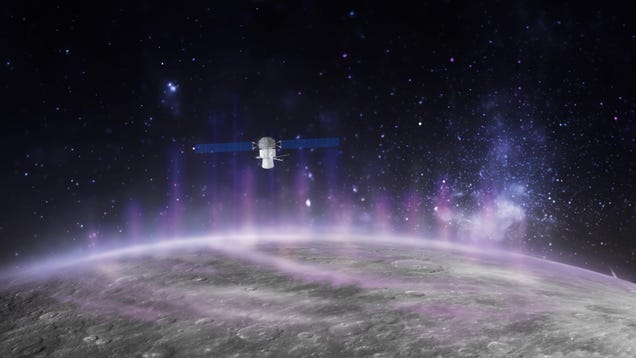
On October 1, 2021, a pair of small spacecraft got their first good look at the closest planet to the Sun, revealing the strange process through which Mercury produces its own auroras.
Virgin Orbit